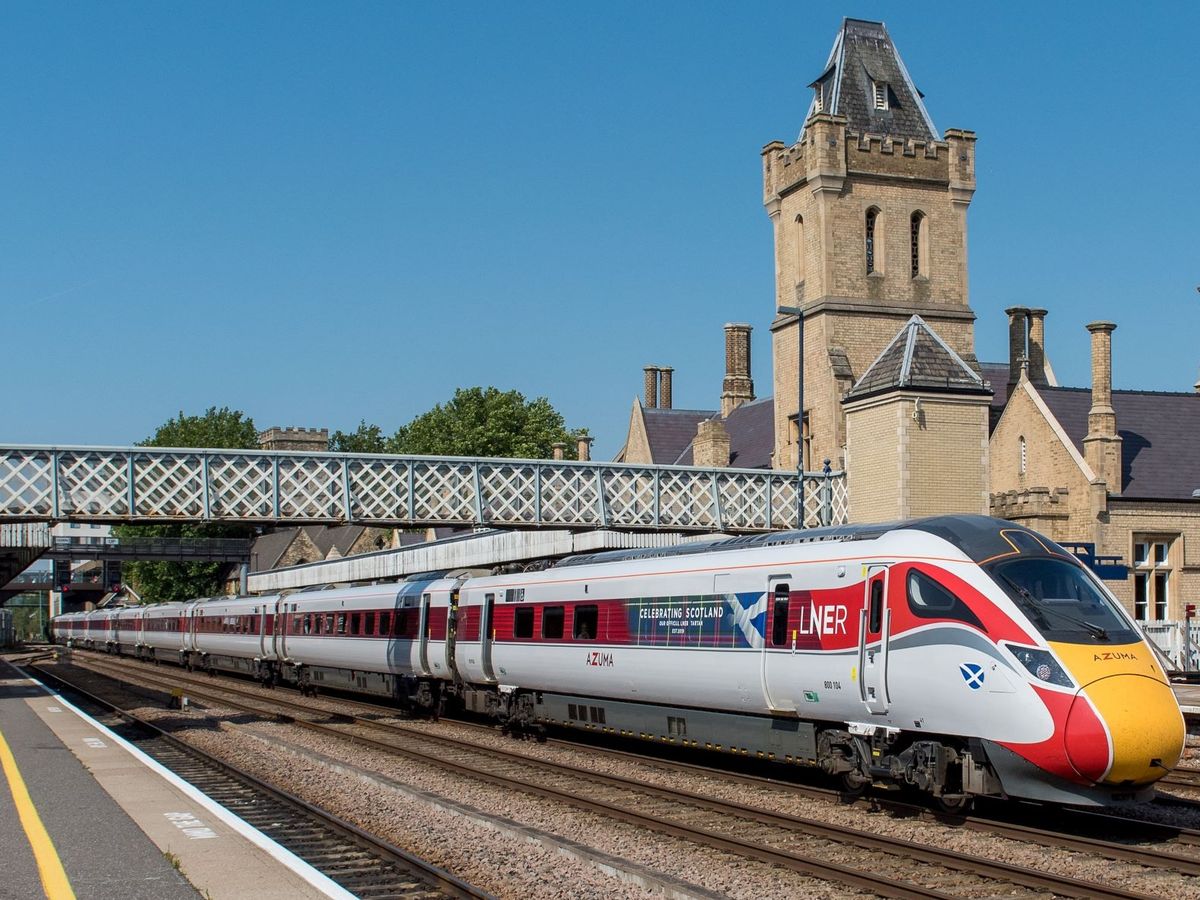Hi, I'm Sophie. I'm a Postgraduate Student studying a Research degree in Media and Cultural Studies. I'm also a photographer and big lover of dogs!

One of the things about moving away to University is that it is not always so easy to get home again on a budget. Train travel is increasingly expensive, even more so if you moved a long way. Here are my 5 travel guide tips for how to save money when visiting home.
1. Book as early as possible
Probably the most commonly known way to save money on travel is to book as in advance as possible. Though this means you will have to know exactly what you are doing and when you are wanting to visit home, some operators release tickets up to 12 weeks in advance, and the sooner you can buy your tickets the cheaper they will be.
To increase this saving further, you can also consider splitting the journey. Instead of buying tickets for the whole journey, buying tickets for its different parts can slash the price, even though you’re on exactly the same train. There are various different sites that can help you do this, and the only rule is that the train must stop at the stations you split your tickets to. This also works better if travelling through the peak/off-peak time changes. Split your ticket to only be paying peak prices on the section of the journey that requires it.
2. Get a railcard
In the UK there are multiple railcards available that can help you save money on travel – often getting 1/3 off the price. There are various types of these railcards, but the most common one for Uni students to use is the 16-25 railcard. Each costs £30 for a year or £70 for three years. Though a 26-30 railcard has now also been introduced there is a little hack that means you can be using railcards until the age of 32 – buy a three-year railcard the day before your 24th birthday to get the discount almost until you turn 27. Then with the 26-30 card, buy just before your 31st birthday and keep using it until its expiry date.
3. Consider other forms of travel
Though a train may seem like the simplest option, there are sometimes other forms of travel that will help you to save on your journeys. Coaches, such as National Express or Megabus run many routes across the UK. Using these for all or even just part of your journey may be able to save you more – especially as these coaches often have train stations as their stop.
4. Use off peak times
The fare category system in the UK looks complicated, but when you break it down there are three main types of ticket: Anytime, Advance and Off-Peak.
- Anytime: The most expensive and most flexible, you can travel on any train service or route, prices are fixed and tickets can be bought right up until the train departs.
- Off-Peak: For travel outside peak times, can be bought until the train departs (there are also cheaper Super Off-Peak tickets at more restricted times).
- Advance: Often cheapest, you must book in advance and travel on a specific train.
Peak times are normally defined as when commuters would be travelling to and from work. To complicate things, they vary slightly for each train company, but in general try to avoid travelling between 6.30am–9.30am and 3.30pm–6.30pm to keep costs down. Weekends and Bank Holidays are always off-peak all day, so though trains will be busier during the day, these are sometimes good options if you don’t mind travelling early.
5. Look out for sales
My final tip is to make use of sales. Often train companies, such as Trainline, offer sales where there are massively reduced tickets. I have before managed to get tickets for as little as 10p when Northern Rail did a flash sale at the start of 2020. Keep a look out at all the various train companies that travel the routes that you require to see what deals they might be doing at the time.



